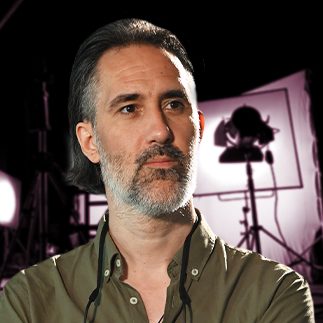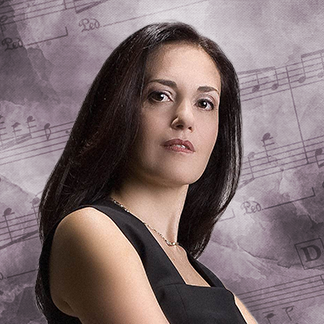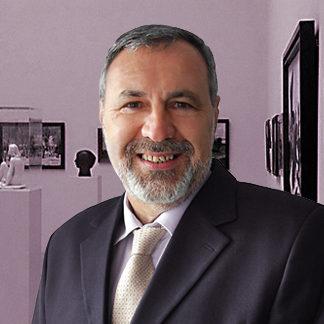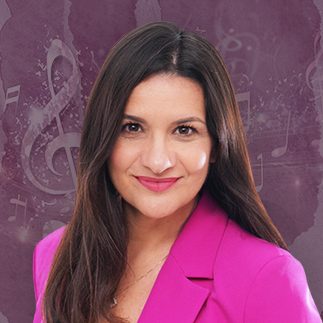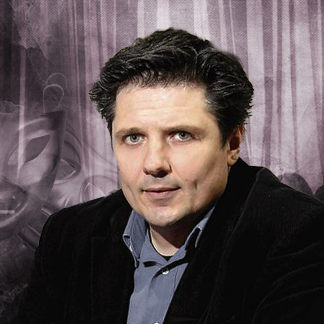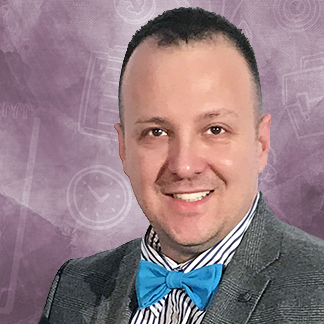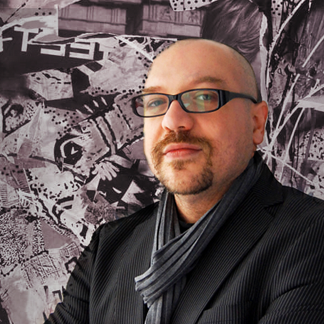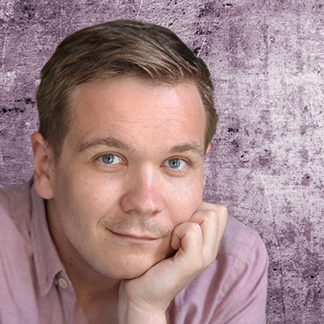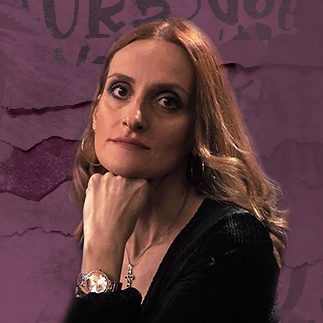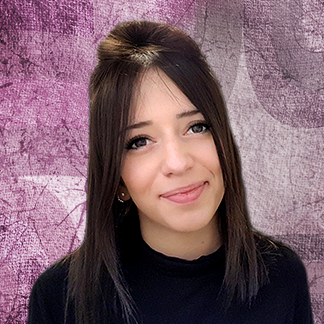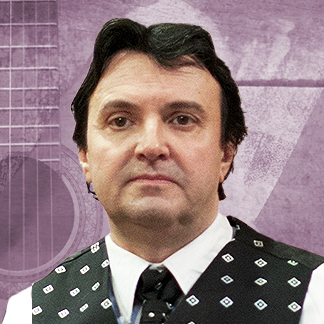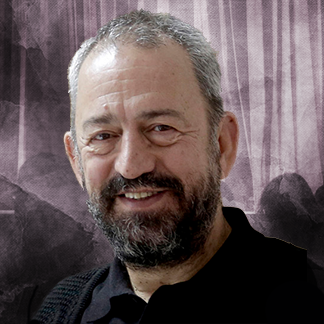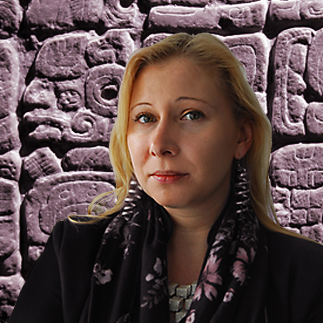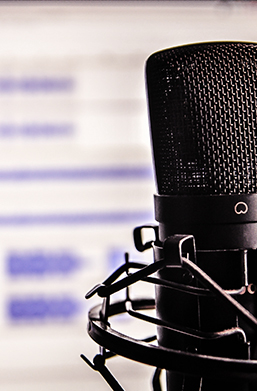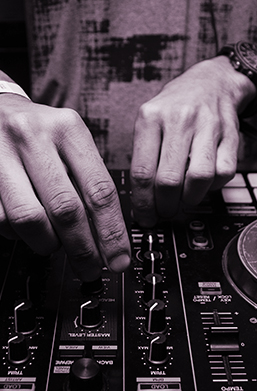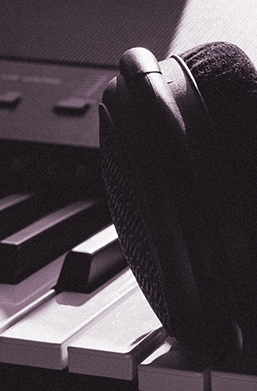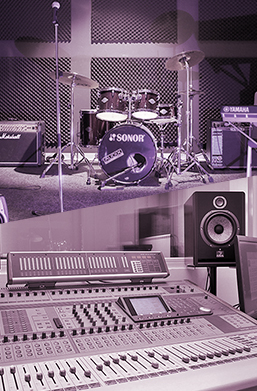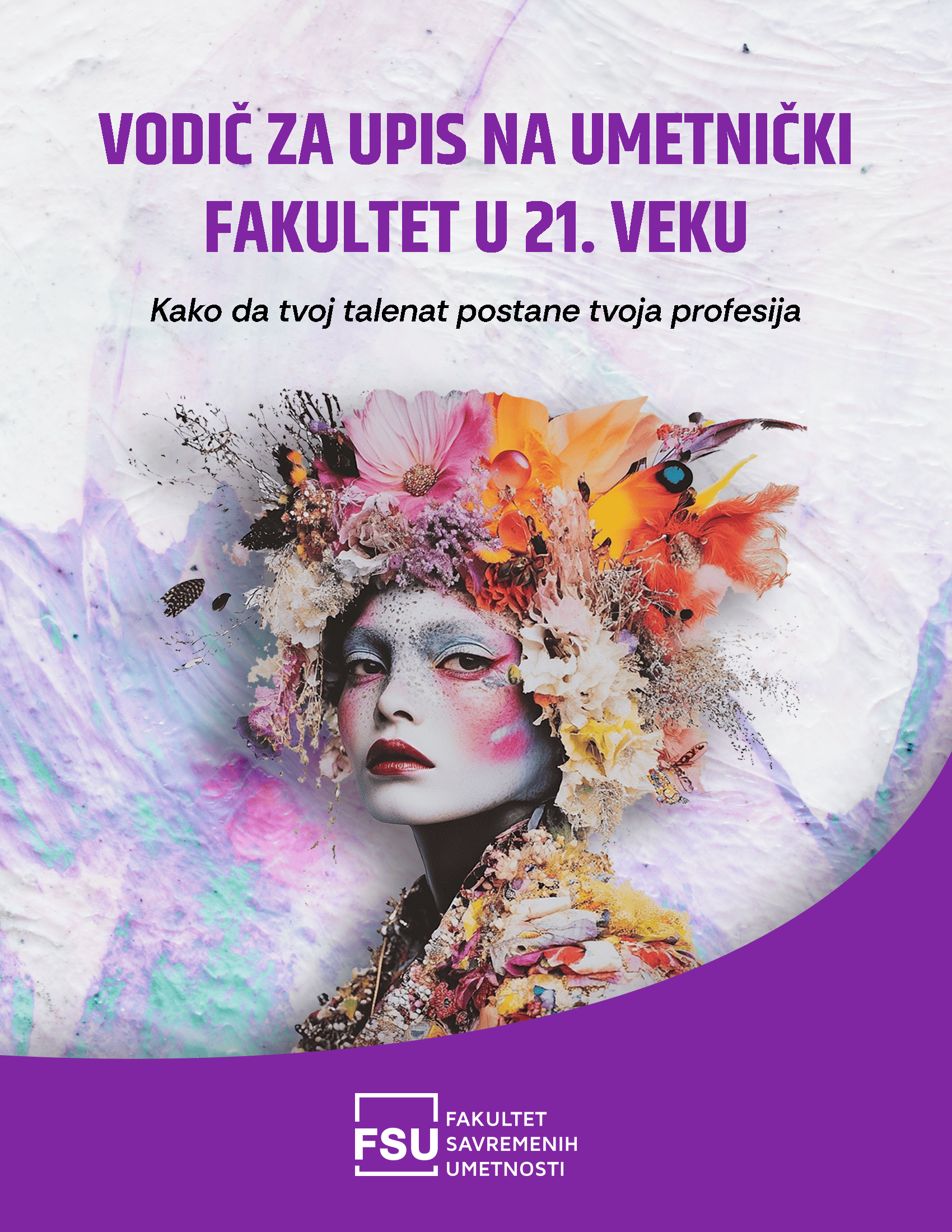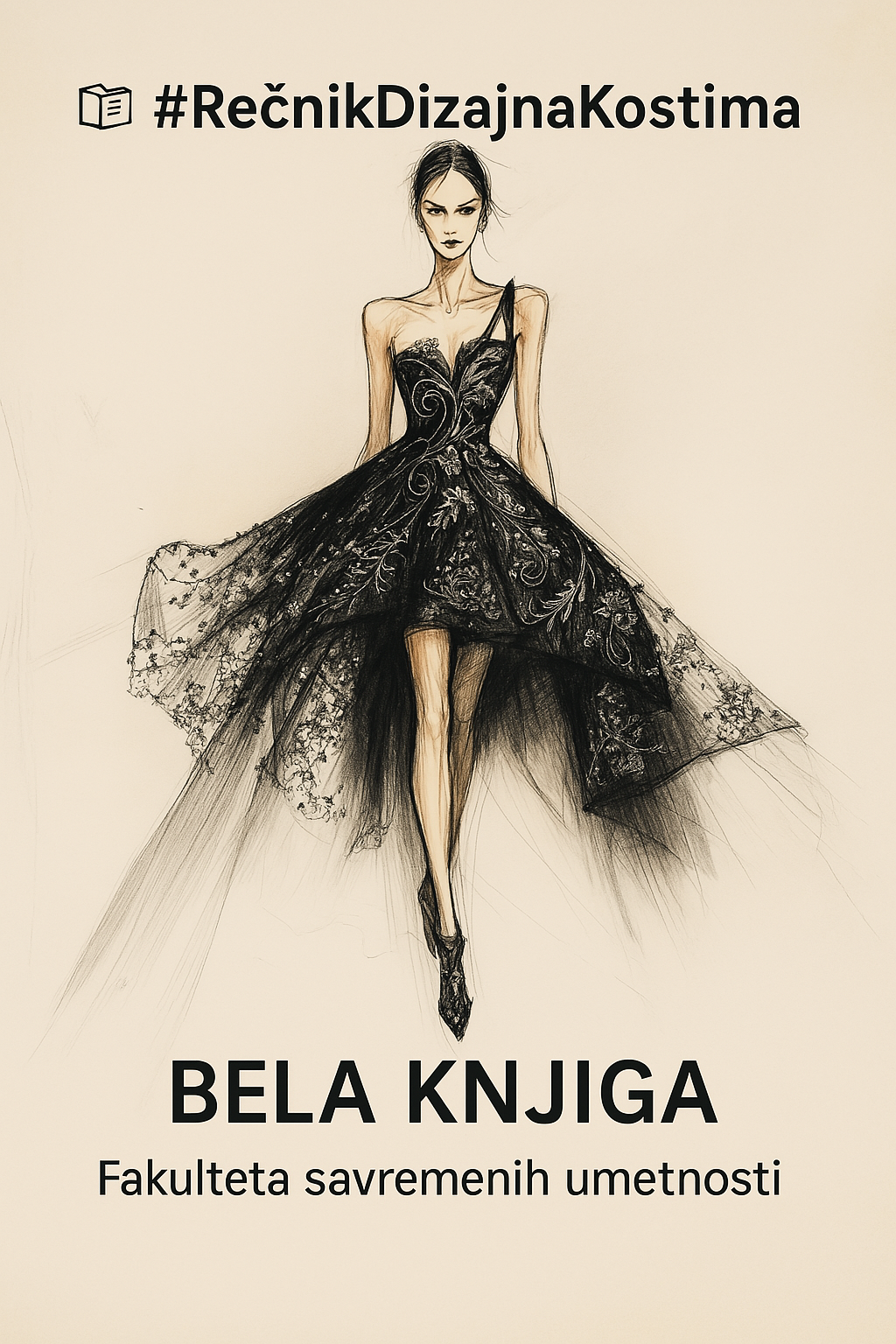MUSIC PRODUCER AS A PROFESSION OF THE FUTURE
Duration of undergraduate academic studies: 4 years (8 semesters)
ECTS credits: 240
Academic title obtained upon completion of studies: Bachelor of Communication – Music Producer
Number of students in the class: 30
A music producer is a person who has a comprehensive ability to create the music and sonic landscape, music scene, and music business while following global trends in the music industry and influencing the musical trends in society.
Thanks to their knowledge, a music producer is competent to independently work in sound and music production, as well as other audio formats. They are capable of analyzing and creating contemporary uses of sound in audio-visual works and media, as well as independently identifying, creating, and launching musical and sound content.
The Music Communications program at the Faculty of Contemporary Arts applies a blend of theory, knowledge of modern technologies, and practices that introduce students to the world of sound and music through historical, technological and applied creative aspects of sound in all its forms.
The Music Communications program is by its nature interdisciplinary, which entails two titles and two fields of education; on one hand, artistic or creative, and on the other, theoretical or socio-humanistic. Therefore, the diploma itself implies two competencies, communicological and production-related.
This is your opportunity to step into the world of sound and music as an independent applied art, as well as one of the key factors in film, theater, television, radio, video games, festivals, concerts, events, and other media and art projects.
FCA has designed a program where you will learn how to record, design, and post-produce sound for audio-visual media needs, as well as music of all genres – from classical music, jazz, and rock to commercial and electronic music.


